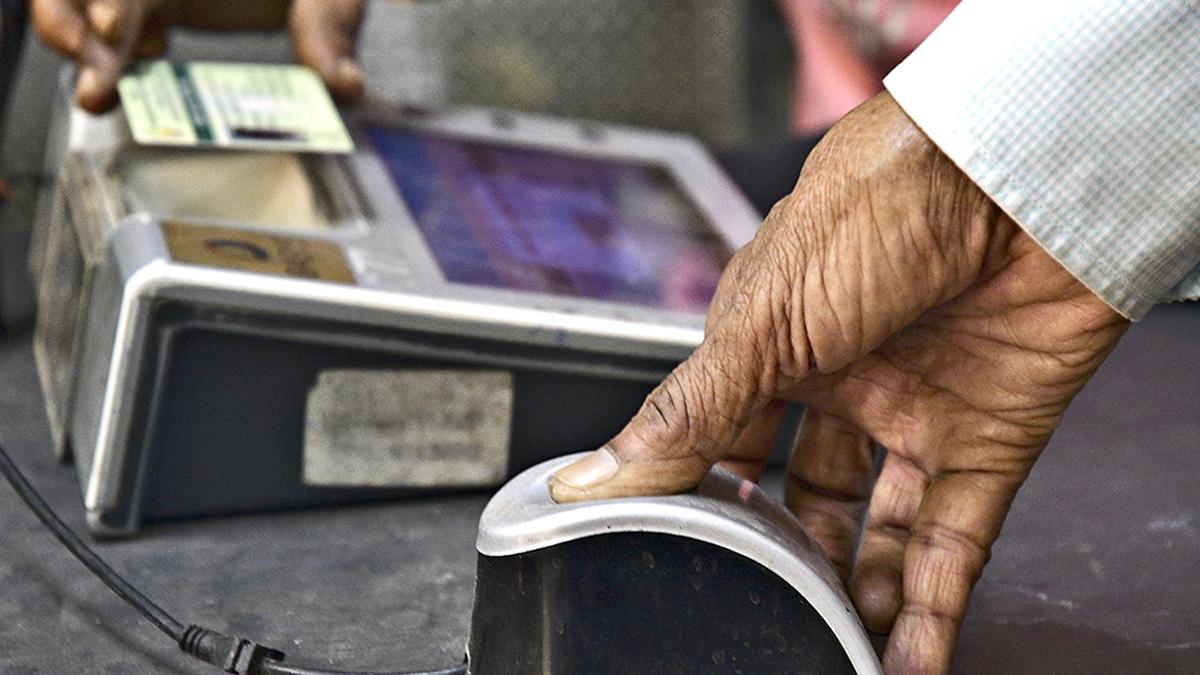





Disclaimer: Copyright infringement not intended.
Context
Read about Repo Rate and Monetary Policy in detail here: https://www.iasgyan.in/daily-current-affairs/hike-in-repo-rate-and-crr-8
Read about Inflation in detail here: https://www.iasgyan.in/daily-current-affairs/inflation-29#:~:text=Inflation%20refers%20to%20a%20sustained,transport%2C%20consumer%20staples%2C%20etc.
Details
Additional Measures
The Governor announced a series of five additional measures, as given below.
Encouraging Standalone Primary Dealers to further Develop Financial Markets
|
Primary Dealers A primary dealer is a bank or other financial institution that has been approved to trade securities with a national government. Primary government securities dealers sell the Treasury securities that they buy from the central bank to their clients, creating the initial market. |
Managing Risks and Code of Conduct in Outsourcing of Financial Services
Bharat Bill Payment System to be open to NRIs as well
Credit Information Companies to be brought under Reserve Bank Integrated Ombudsman Scheme (RB-IOS) 2021
|
Who is the Ombudsman? The Ombudsman is a senior official appointed by the RBI to redress customer complaints against the bank or NBFC or System Participants (as defined in the scheme) for deficiency in certain banking related services covered under the grounds of complaint specified under the Clause 8 of the scheme.
Banking Ombudsman Scheme, 2006 The Banking Ombudsman Scheme was launched under the Banking Regulation Act 1949 by the Reserve Bank of India with effect from 1995. It was implemented to redress the complaints of customers on certain types of banking services provided by banks and to facilitate the settlements of those complaints. All the Regional Rural Banks, Scheduled Commercial Banks, and Scheduled Primary Co-Operative Banks are covered under the Banking Ombudsman Scheme. The Ombudsman Scheme for Non-Banking Financial Companies, 2018 The Reserve Bank of India introduced the Ombudsman Scheme for Non-Banking Financial Companies on 23rd February 2018 for the customers of NBFCs. It is an expeditious and cost-free apex level mechanism for the resolution of complaints of customers of NBFCs, relating to certain services rendered by NBFCs.
The Ombudsman Scheme for Digital Transactions, 2019 The Reserve Bank of India had launched The Ombudsman Scheme for Digital Transactions on 31st January 2019. It is an expeditious and cost-free apex level mechanism for resolution and complaints regarding digital transactions undertaken by the customers of the System Participants as defined by the scheme. Reserve Bank - Integrated Ombudsman Scheme as 'One Nation, One Ombudsman System' The Reserve Bank - Integrated Ombudsman Scheme as 'One Nation, One Ombudsman System', was launched in 2021. It will provide cost-free redressal to the customer complaints involving deficiency in services rendered by entities regulated by the Reserve Bank of India (RBI), if not resolved to the satisfaction of the customers or not replied within a period of 30 days by the regulated entity. This new scheme integrates the RBI's three existing ombudsman schemes, namely: 1. The Banking Ombudsman Scheme, 2006
2. The Ombudsman Scheme for Non-Banking Financial Companies (NBFCs), 2018 3. The Ombudsman Scheme for Digital Transactions, 2019 Moreover, the new scheme also includes under its ambit Non-Scheduled Primary Co-Operative Banks with a deposit size of Rs 50 Cr and above. |
MIBOR Benchmark Committee to be set up



© 2025 iasgyan. All right reserved